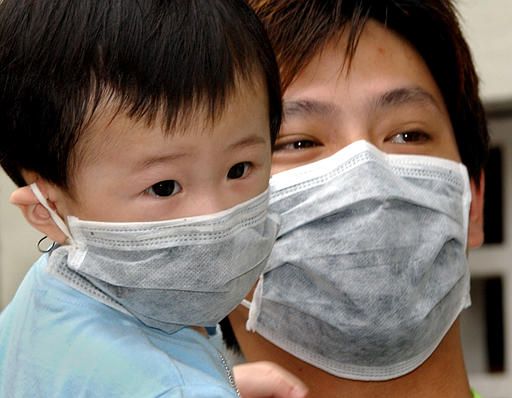-
 Anti-TNF
Anti-TNF
-
 Manganese
Manganese
-
 Gunning
Gunning
-
 Sacrum
Sacrum
-
 Correspondence principle
Correspondence principle
-
 Angelica
Angelica
-
 Dizygotic
Dizygotic
-
 Pre-malignant
Pre-malignant
-
 Gravitational wave
Gravitational wave
-
 LBCO
LBCO
-
 Farad
Farad
-
 Final energy
Final energy
-
 Avifauna
Avifauna
-
 Endemic stick insect (apterograeffa reunionensis)
Endemic stick insect (apterograeffa reunionensis)
-
 Hash function
Hash function
-
 Endoscopy
Endoscopy
-
 Mangrove
Mangrove
-
 Directivity
Directivity
-
 Bearer service
Bearer service
-
 Staples
Staples
-
 Interstellar cloud
Interstellar cloud
-
 External haemorrhoid
External haemorrhoid
-
 Aldose
Aldose
-
 Crest
Crest
-
 Aldehyde
Aldehyde
-
 Greenhouse effect
Greenhouse effect
-
 Oesophageal manometry
Oesophageal manometry
-
 Upwelling
Upwelling
-
 Chardonnay
Chardonnay
-
 Viscosity
Viscosity
SARS
SARS (or severe acute respiratory syndrome) is an atypical pneumonia caused by a coronavirus.
SARS Agent
The SARS agent is a virus belonging to the coronavirus family (which causes common colds), SARS-CoV.
Transmission of SARS
The virus is believed to have been transmitted from livestock to human beings in the South of China, and there was an explosion in the number of cases in 2003 (5,239 cases in China and 336 deaths by 5 June 2003). It does not appear to spread rapidly.
Infection occurs through saliva or from nasal secretions.
Symptoms of SARS
Symptoms are fever spikes and respiratory problems, such as cough and respiratory distress. In some cases, these relatively non-specific symptoms are followed by acute respiratory distress, which requires assisted ventilation.
Laboratory tests show thrombocytopenia (a lack of platelets) together with a reduction in white blood cells (leukopenia).
The mortality rate is approximately 15% of people infected, to as high as 50% in people over 65 years old.
Treatment of SARS
Treatment is symptomatic, although antibiotics can be prescribed if the cause of the pneumonia is not apparent.
 SARS caused worldwide concern in 2003. © DR
SARS caused worldwide concern in 2003. © DR
Latest
Fill out my online form.



